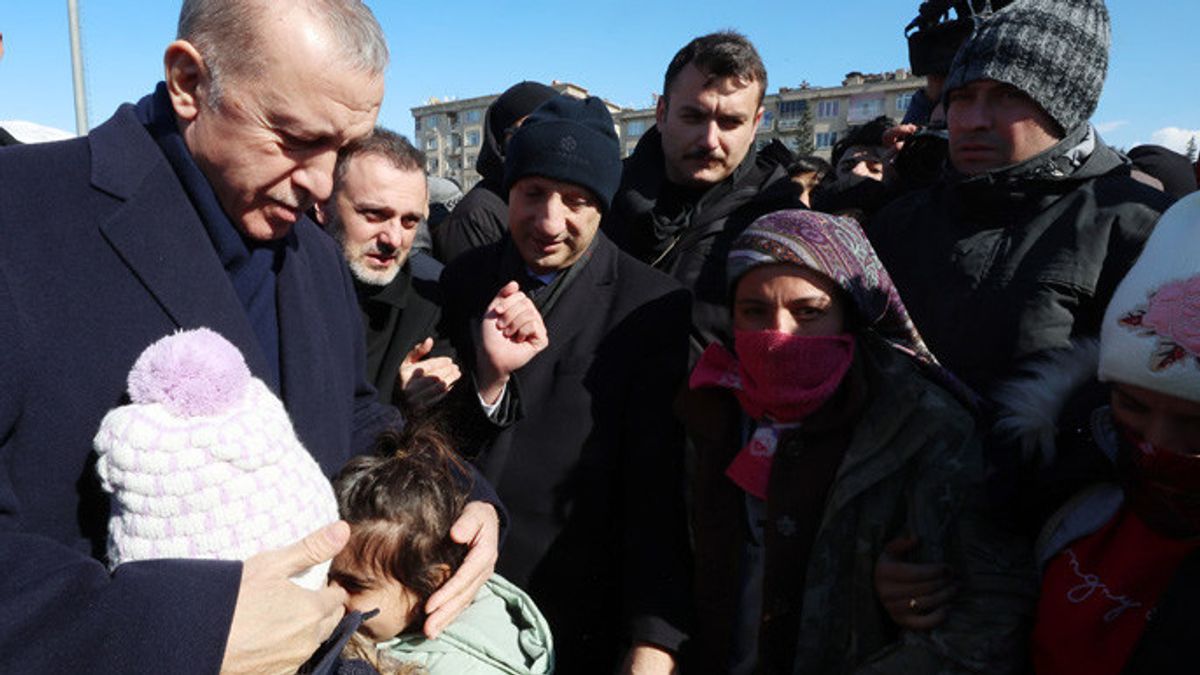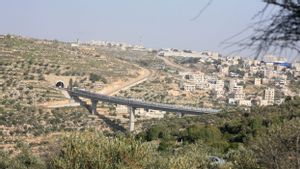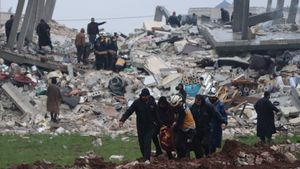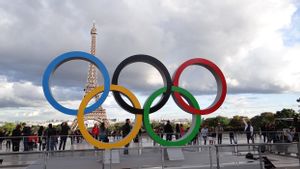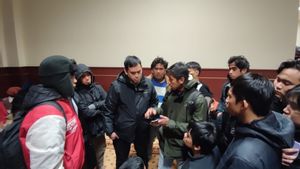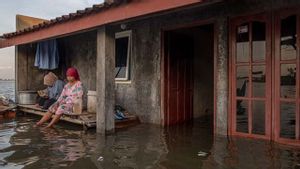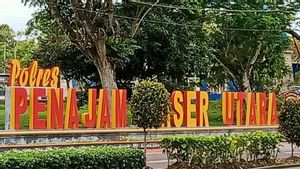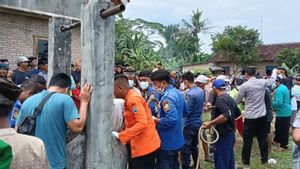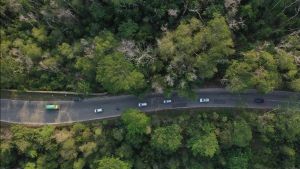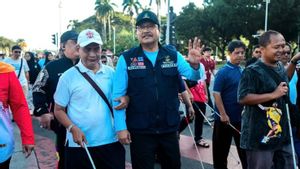JAKARTA - President Recep Tayyip Erdogan on Wednesday admitted there were problems with his government's initial response to a devastating earthquake in southern Turkey, amid anger from people and frustration over the slow arrival of rescue teams.
President Erdoğan said during a visit to the disaster zones in Hatay and Kahramanmaraş that operations are now running normally and promised that no one would be left homeless, as the death toll reported in Turkey and Syria has already passed 12.000.
Across southern Turkey, people are looking for temporary shelter and food in the freezing winter weather, and are waiting sadly in piles of rubble where family and friends may still be buried.
Rescuers are still finding several people alive. But many Turks complain of a lack of equipment, expertise, and support to rescue those trapped - sometimes even when they hear cries for help.
"Where is the country? Where have they been for two days? We begged them. Let's do it, we can get them out," Sabiha Alinak said near a collapsed building covered in snow in the city of Malatya where her young relative is trapped.
There were similar views and complaints in neighboring Syria, the north of which was hit by a massive earthquake on Monday.

Syria's ambassador to the United Nations acknowledged the government had a "lack of capability and equipment," blaming more than a decade of civil war in his country and Western sanctions.
The death toll from both countries is expected to rise, as hundreds of collapsed buildings in many cities have become graves for those sleeping when the quake hit.
In the Turkish city of Antakya, dozens of bodies, some covered in blankets and sheets and others in body bags, were lined up on the ground outside the hospital.
Melek (64), complained about the lack of rescue teams. "We survived the earthquake, but we will die here from hunger or cold."
Many people in the disaster zone have been sleeping in their cars or on the street under blankets in the freezing cold, afraid to return to their homes after the 7.8 magnitude earthquake rocked the country.
The confirmed death toll rose to 9,057 in Turkey on Wednesday, and in Syria it has risen to at least 2,950, according to the government and rescue services operating in the rebel-held northwest.
Turkish authorities released videos of rescued survivors, including a young girl in pajamas, and an elderly man covered in dust, with an unlit cigarette between his fingers as he was pulled from the rubble.
Turkish officials say about 13.5 million people were affected in the area that stretches some 450 km (280 miles) from Adana in the west to Diyarbakir in the east. In Syria, the dead were found as far as Hama, which is 250 km from the epicenter.
Some of those who died in Turkey were refugees from the Syrian war. Their body bags arrived at the border in taxis, vans and stacked on flatbed trucks to be taken to the final resting place in their homeland.
VOIR éGALEMENT:
More than 298.000 people have been made homeless and 180 shelters for refugees have been opened, Syrian state media reported, apparently referring to areas under government control, and not controlled by opposition factions.
In Syria, relief efforts are complicated by a conflict that has divided the country and destroyed its infrastructure.
Delivery of UN humanitarian aid via Turkey to millions of people in northwestern Syria could resume on Thursday after long-term operations were halted by the earthquake, UN officials said.
In the Syrian city of Aleppo, staff at Al-Razi hospital treated an injured man who said more than a dozen relatives including his mother and father died when the building they were in collapsed.
The English, Chinese, Japanese, Arabic, and French versions are automatically generated by the AI. So there may still be inaccuracies in translating, please always see Indonesian as our main language. (system supported by DigitalSiber.id)
